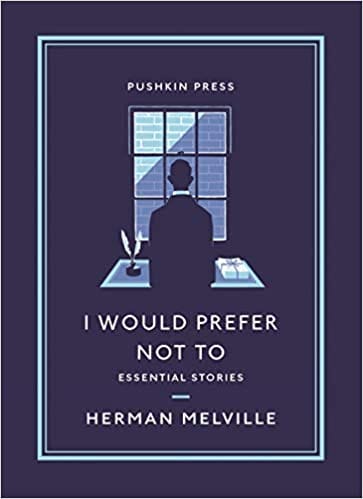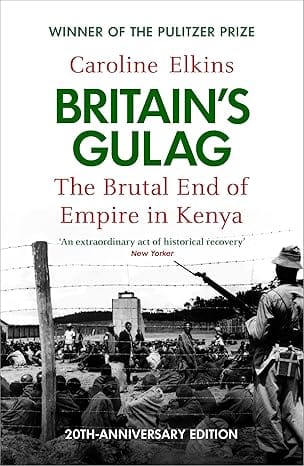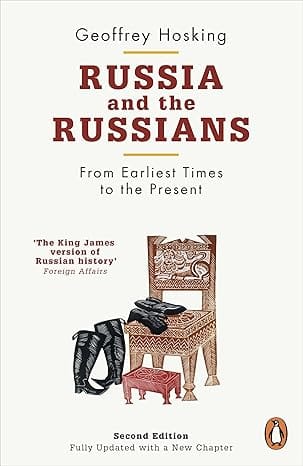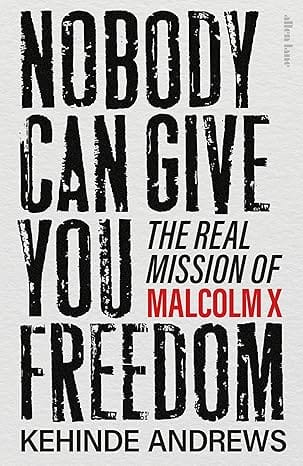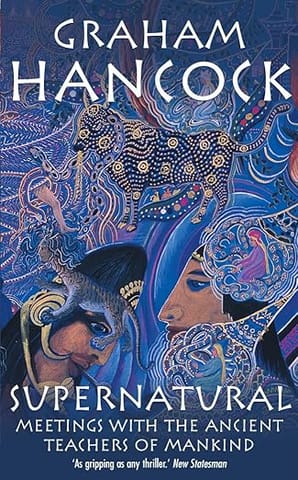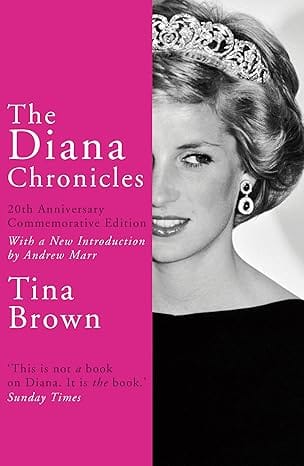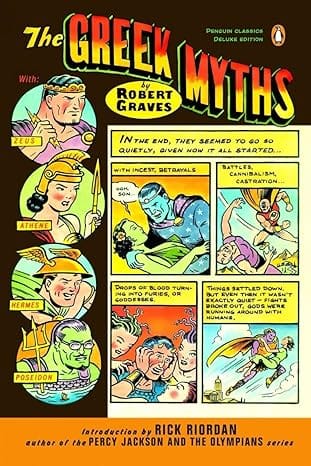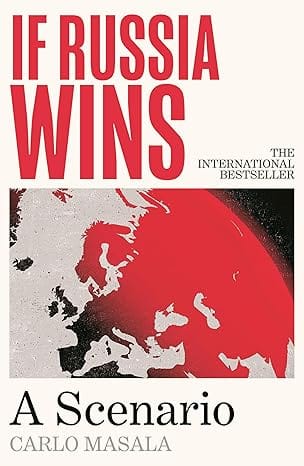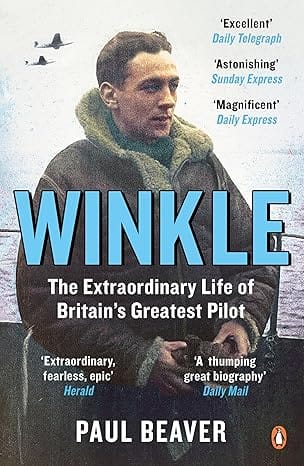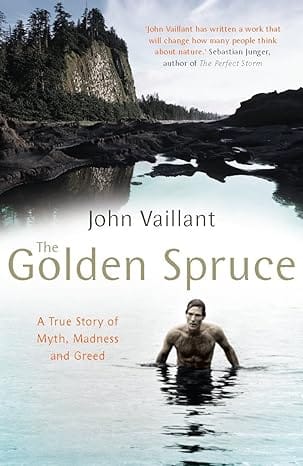-
Non-ficton
- Non-ficton
-
Contemporary Fiction
- Contemporary Fiction
-
Children
- Children
-
Comics & Graphic Novels
- Comics & Graphic Novels
-
Non-Fiction
- Non-Fiction
-
Fiction
- Fiction
In these stories of the surreal mundanity of office life and obscure tensions at sea, Melville's darkly modern sensibility plunges us into a world of irony and mystery, where nothing is as it first appears.
A lawyer hires a new copyist, only to be met with stubborn, confounding resistance. A cynical lightning rod salesman plies his trade by exploiting fears in stormy weather. After boarding a beleaguered Spanish slave ship, an American trader's cheerful outlook is repeatedly shadowed by paralyzing unease.
Review
"Melville seems to promise the very stuff of existence: time, space, air. We don't so much read him as inhale him." -- Geoffrey O'Brien, Village Voice
"There are very few stories that, on re-reading after re-reading, seem to become impossibly more perfect, but Herman Melville's eerie, aching story 'Bartleby, the Scrivener' is one such." -- Stuart Kelly, Guardian
About the Author
- Home
- Non-Fiction
- I Would Prefer Not To Essential Stories 10
I Would Prefer Not To Essential Stories 10
SIZE GUIDE
- ISBN: 9781782277460
- Author: Herman Melville
- Publisher: Pushkin Press
- Pages: 256
- Format: Paperback
Book Description
In these stories of the surreal mundanity of office life and obscure tensions at sea, Melville's darkly modern sensibility plunges us into a world of irony and mystery, where nothing is as it first appears.
A lawyer hires a new copyist, only to be met with stubborn, confounding resistance. A cynical lightning rod salesman plies his trade by exploiting fears in stormy weather. After boarding a beleaguered Spanish slave ship, an American trader's cheerful outlook is repeatedly shadowed by paralyzing unease.
Review
"Melville seems to promise the very stuff of existence: time, space, air. We don't so much read him as inhale him." -- Geoffrey O'Brien, Village Voice
"There are very few stories that, on re-reading after re-reading, seem to become impossibly more perfect, but Herman Melville's eerie, aching story 'Bartleby, the Scrivener' is one such." -- Stuart Kelly, Guardian
About the Author
Related Books
User reviews
NEWSLETTER
Subscribe to get Email Updates!
Thanks for subscribing.
Your response has been recorded.

India's Iconic & Independent Book Store offering a vast selection of books across a variety of genres Since 1978.
"We Believe In The Power of Books" Our mission is to make books accessible to everyone, and to cultivate a culture of reading and learning. We strive to provide a wide range of books, from classic literature, sci-fi and fantasy, to graphic novels, biographies and self-help books, so that everyone can find something to read.
Whether you’re looking for your next great read, a gift for someone special, or just browsing, Midland is here to make your book-buying experience easy and enjoyable.
We are shipping pan India and across the world.
For Bulk Order / Corporate Gifting
 +91 9818282497 |
+91 9818282497 |  [email protected]
[email protected]
Click To Know More
INFORMATION
POLICIES
ACCOUNT
QUICK LINKS
ADDRESS
Shop No.20, Aurobindo Palace Market, Near Church, New Delhi

